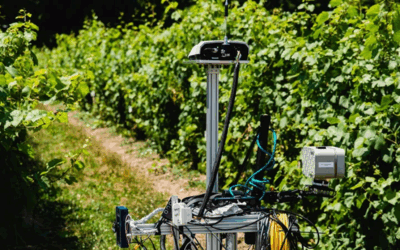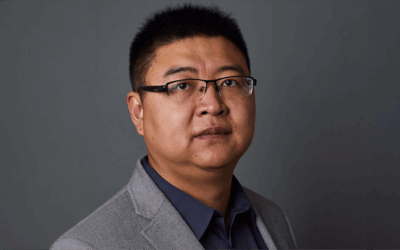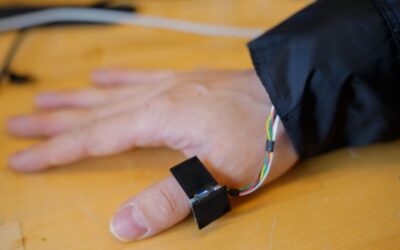The Cornell Institute for Digital Agriculture (CIDA) has announced the recipients of its 2025 Research Innovation Fund (RIF) faculty and student grants supporting new, cross-disciplinary research projects designed to improve global food systems through digital innovation.
Cornell AI News
News Category
Filter by Topic
Fei Wang Named Senior Faculty Fellow in Clinical AI at Cornell Tech
Cornell Tech has announced the appointment of Fei Wang, professor at Weill Cornell Medicine, as the new Senior Faculty Fellow in Clinical AI. The newly established role will strengthen Cornell Tech’s leadership in digital health and artificial intelligence, while also expanding interdisciplinary collaboration between Cornell Tech and Weill Cornell Medicine.
Smarter, faster AI models explored for molecular, materials discovery
Cornell researchers are demonstrating how artificial intelligence – particularly deep learning and generative modeling – can accelerate the design of new molecules and materials, and even function as an autonomous research assistant.
Delicious innovation: Students aim to shake up the food system
Cornell students are driving innovation in the food industry through entrepreneurship, developing solutions that enhance nutrition tracking, reduce waste, and improve sustainability. Initiatives include AI-powered nutrition tracking, upcycled dried fruit products, low-calorie juice alternatives, and agricultural hydrogels made from repurposed insects.
AI tools help people with speech disabilities make timely jokes
A team of researchers from Cornell Tech is reimagining how technology can support users with speech disabilities – not just in functional speech, but also in making real-time jokes during conversations.
Personalized AI tools can combat ableism online
New Cornell research reveals that social media users with disabilities prefer more personalized content moderation powered by AI systems that not only hide harmful content but also summarize or categorize it by the specific type of hate expressed.
Home care workers unaware of AI’s role and potential benefits
A team of Cornell researchers investigated the implications of AI tools on the work of frontline home health care workers, such as personal care aides, home health aides and certified nursing assistants, in a qualitative study.
AI ring tracks spelled words in American Sign Language
A Cornell-led research team has developed an artificial intelligence-powered ring equipped with micro-sonar technology that can continuously and in real time track fingerspelling in American Sign Language (ASL).








